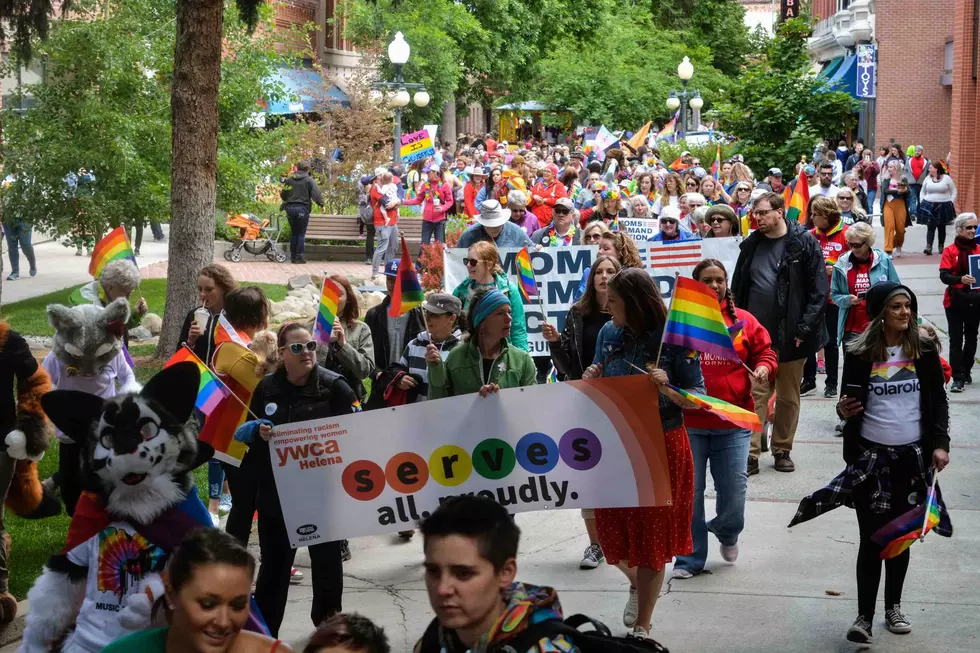
Daines opposes same-sex marriage bill; Missoula City Council members ‘shocked’ at debate
Martin Kidston/Missoula Current
Sen. Steve Daines on Monday announced his opposition to a bill aimed at codifying same-sex marriage into law – a move that drew the ire of several Missoula City Council members.
Last week, the U.S. House on a bipartisan vote passed a measure that would write same-sex marriage into federal law, thus protecting it from a potential U.S. Supreme Court reversal. Nearly 50 House Republicans backed the measure, which passed on a 267-157 vote.
The measure may go to the Senate this year.
“I believe marriage is between a man and a woman,” Daines said on Monday. “I’m opposed to this bill and believe it’s another attempt by Speaker Pelosi and the Democrats to distract the American people from the inflation crisis, energy crisis and the southern border crisis they’ve created.”
The Supreme Court in 2015 cleared the way for gay and lesbian couples to marry in all 50 states. But on the heels of the conservative Supreme Court's overturning of abortion rights, which had been considered precedent, some are pushing Congress to codify same-sex marriage into law.
Doing so would protect it from a potential Supreme Court reversal.
“Two consenting adults should be able to marry each other and it's nobody else's business,” said Missoula City Council member Mike Nugent. “The fact that we're still having this conversation in 2022 astounds me, and we need to pay attention to what's actually going on.”
Nugent also took odds with Daines' suggestion that the potential loss of marriage equality was simply “a distraction” to other issues facing the nation.
“I find it disgraceful, for a lack of a better word,” Nugent added. “If there are children out there who have heard one of their senators say their family is a distraction because they have two dads or two moms, then know that we stand with you.”
According to a Gallup survey released last month, around 71% of U.S. adults supported keeping same-sex marriage legal. That's up from just 27% in 1996.
In 2010, the Missoula City Council passed the first citywide anti-discrimination ordinance in Montana, thus protecting its LGBT residents from discrimination based upon “actual or perceived sexual orientation, gender identity or expression.”
Four years later, in late November, the city opened the courthouse doors to see the first dozen same-sex couples marry legally for the first time in Montana history.
The issue had largely vanished from public discourse given its acceptance until a Supreme Court conservative suggested that same-sex marriage could fall under scrutiny, just as abortion rights did.
“I find it shocking that we're still talking about this, to be honest,” said council member Amber Sherrill.
